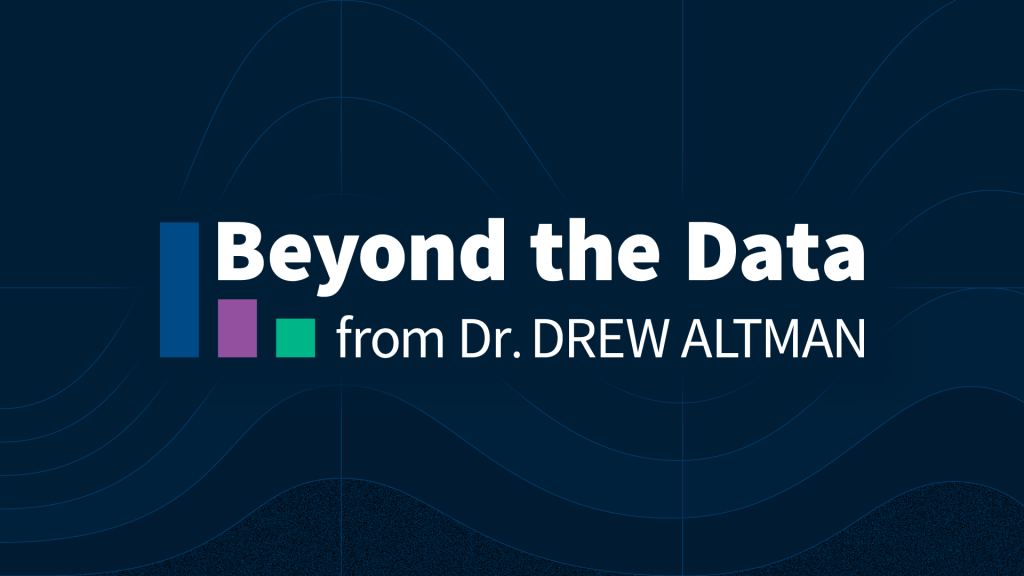Data Note: Medicaid Managed Care Growth and Implications of the Medicaid Expansion
Most states today rely heavily on risk-based managed care organizations (MCOs) to serve Medicaid beneficiaries. This Data Note discusses the current role of managed care in Medicaid and examines differences in managed care growth between states that expanded Medicaid to low-income adults under the Affordable Care Act (ACA) and states that did not expand Medicaid.
